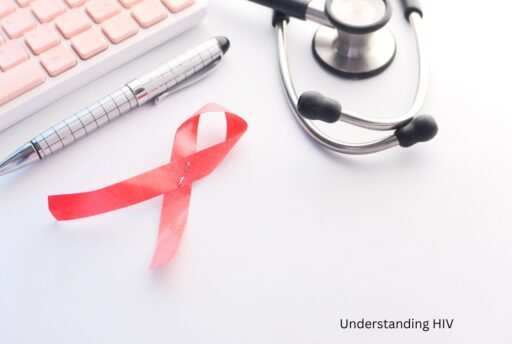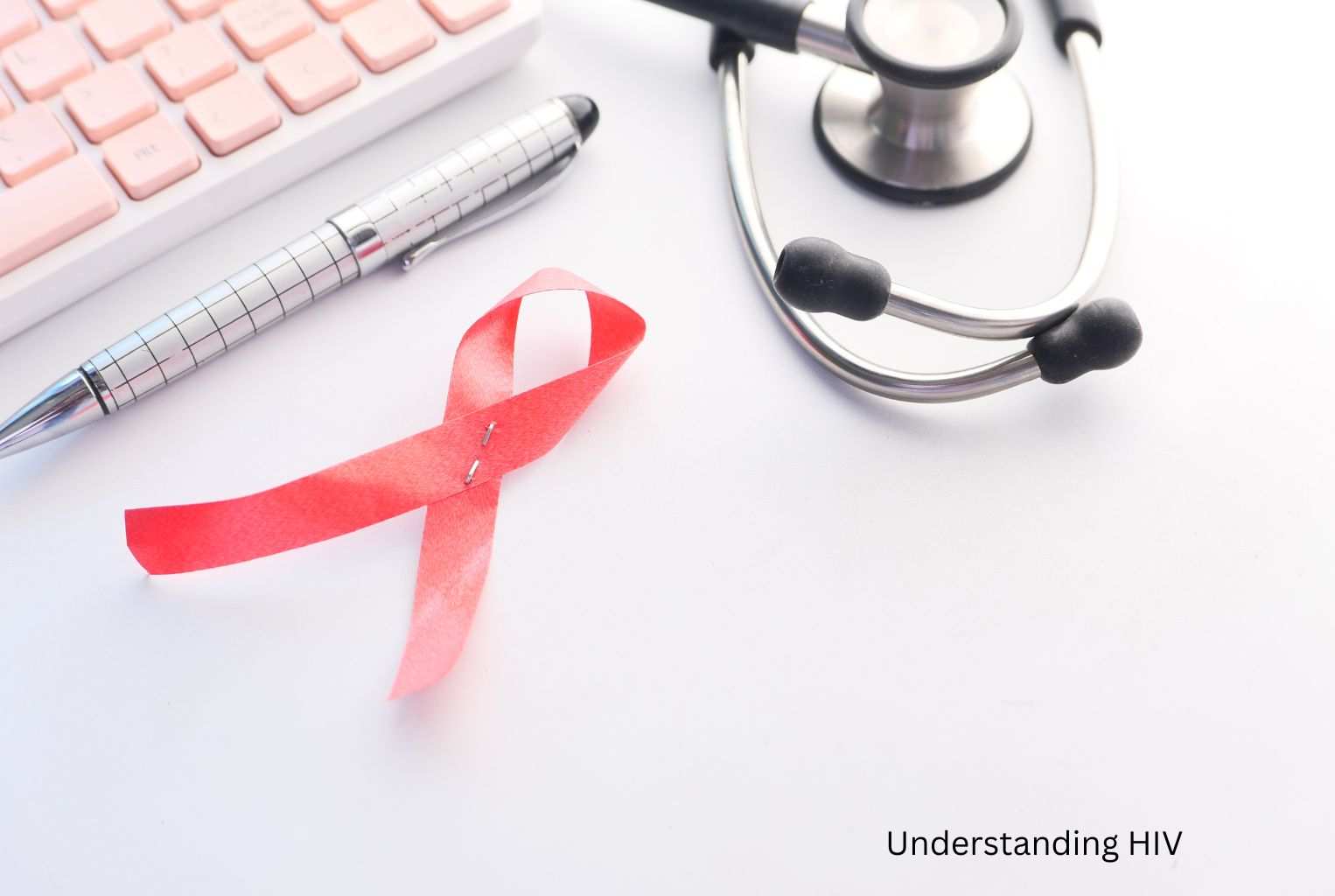HIV, or Human Immunodeficiency Virus, is a virus that attacks the immune system, specifically the CD4 cells (T cells) which are the body’s defense against infections. If left untreated HIV can lead to AIDS (Acquired Immunodeficiency Syndrome). In this blog we will go deep into understanding HIV, its symptoms, dietary recommendations and comprehensive care for those living with the virus.
HIV: An Overview
What is HIV?
HIV is a virus that weakens the immune system making it harder for the body to fight off infections and certain diseases. Unlike some other viruses the body can’t get rid of HIV. Once you get HIV you have it for life. Understanding HIV is key to managing and reducing its impact on your health.
How is HIV Transmitted?
Understanding how HIV is transmitted is key to preventing its spread. HIV is transmitted through contact with certain body fluids from a person who has the virus. These fluids are:
- Blood
- Semen
- Vaginal fluids
- Rectal fluids
- Breast milk
The most common ways HIV is transmitted are:
- Unprotected sexual contact
- Sharing needles or syringes
- From mother to child during childbirth or breastfeeding
Note HIV cannot be transmitted through casual contact such as hugging, kissing or sharing utensils.
Understanding HIV Symptoms
Early Symptoms of HIV
Understanding HIV symptoms is key to early detection and treatment. Many people experience flu like symptoms 2-4 weeks after contracting the virus. This stage is called acute HIV infection and may include symptoms such as:
- Fever
- Chills
- Rash
- Night sweats
- Muscle aches
- Sore throat
- Fatigue
- Swollen lymph nodes
These symptoms can last for a few days to several weeks. Some people may not experience any symptoms during this early stage.
Chronic HIV Symptoms
After the initial stage the virus continues to multiply at lower levels but is still active. This stage is called chronic HIV infection or clinical latency. People may not have any symptoms during this period which can last for several years. However without treatment HIV will eventually progress to AIDS where the immune system is severely damaged.
HIV and Diet Plans
Nutrition is Key to HIV Care
Understanding HIV and its impact on the immune system highlights the importance of nutrition. A balanced diet can help maintain a healthy immune system, manage HIV symptoms and overall well-being. Nutrition is critical for people living with HIV because it helps the body to fight infections and respond to treatment.
HIV Diet Recommendations
Knowing your HIV and nutrition can make a big difference in managing the virus. Here are some Understanding HIV diet recommendations:
- Balanced Diet: Eat a variety of fruits, veggies, whole grains and lean proteins. These foods have the nutrients your immune system needs.
- Enough Protein: Protein is for muscle mass and tissue repair. Include eggs, chicken, fish and beans in your diet.
- Healthy Fats: Choose healthy fats like avocados, nuts and olive oil to reduce inflammation and heart health.
- Limit Sugar and Processed Foods: Limit sugar and processed foods to prevent weight gain and blood sugar management.
- Hydrate: Stay hydrated is key to overall health. Drink at least 8 glasses of water a day.
HIV Complete Care
Antiretroviral Therapy (ART)
Knowing your HIV treatment is key to managing the virus. Antiretroviral Therapy (ART) is the treatment for HIV. It’s taking a combination of HIV meds every day to control the virus. ART reduces the viral load in the body and keeps it undetectable which prevents HIV from progressing to AIDS and reduces the risk of transmission.
Medical Check-ups
Regular medical check-ups is part of complete HIV care. These check-ups allows healthcare providers to monitor ART, manage side effects and address other health concerns. Knowing how HIV affects overall health emphasizes the importance of regular medical care.
Mental Health
Living with HIV is tough, physically and emotionally. Mental health support is part of complete HIV care. Knowing your HIV and how it affects you emotionally can help you get the support you need like counseling, support groups or therapy to cope with living with the virus.
HIV Prevention and Safety
Safe Sex
Knowing HIV prevention is key to preventing the spread of the virus. Safe sex is one of the best ways to prevent HIV transmission. This includes:
- Using condoms consistently and correctly
- Limiting number of sexual partners
- Getting tested regularly for HIV and other STIs
PrEP
Pre-exposure prophylaxis (PrEP) is a prevention for people who are at high risk of getting HIV. PrEP is taking a daily pill that reduces the risk of HIV infection. Knowing HIV prevention through PrEP is a powerful tool to prevent transmission.
Living with HIV
Get a Support Network
Understanding HIV and how it affects your daily life can help you build a strong support network. Having supportive family, friends and healthcare providers around you can make a big difference in managing the condition and staying positive.
Understanding HIV Stay Active
Exercise is good for everyone, including people living with HIV. Exercise can boost your immune system, mental health and weight. Understanding how HIV affects the body means you should stay active and healthy.
Understanding HIV Taking Treatment
Taking ART and other medication as prescribed is key to managing HIV. Understanding treatment adherence means better health outcomes and fewer complications. Take medication as directed by your healthcare provider and be open about any challenges or side effects.
Summary -Understanding HIV
Understanding HIV is the first step to managing it. By recognising the symptoms, eating well, taking treatment and preventing, people living with HIV can live healthy happy lives. Comprehensive care means not just managing the physical virus but also the emotional and mental health that comes with it. With the right support and care, people living with HIV can live well.





